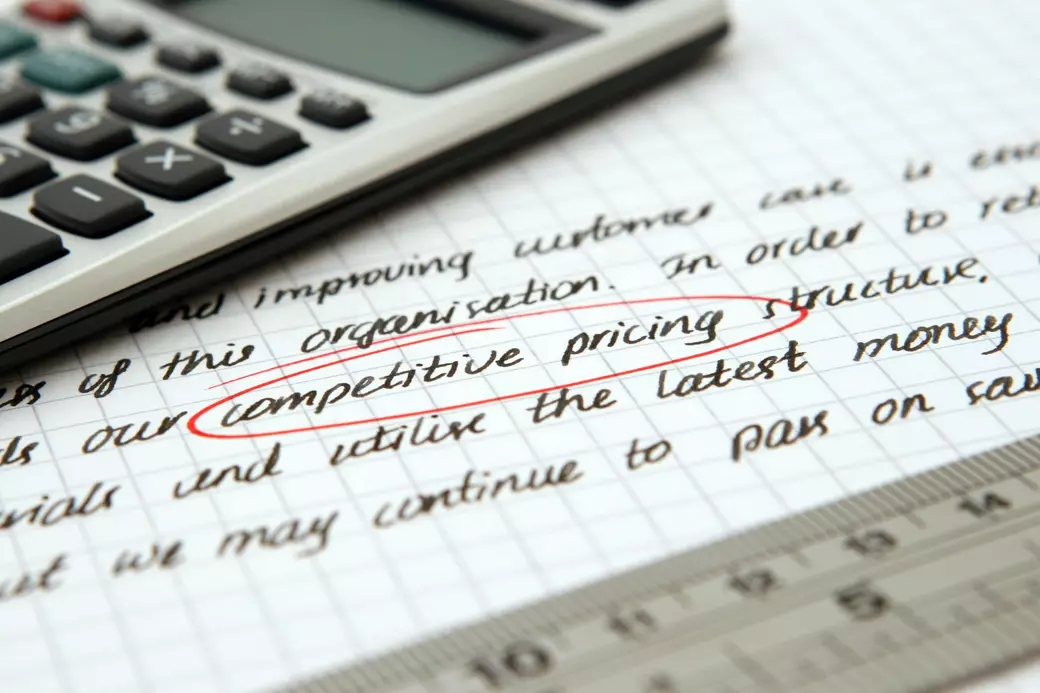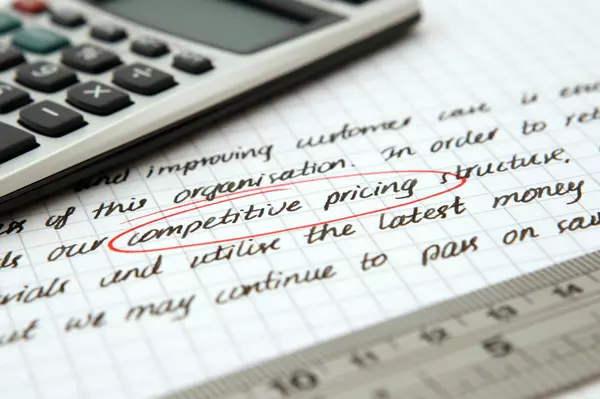Are There Any Tax Benefits to Owning a Home in Texas?

Buying a home is one of the biggest financial decisions you’ll make—but beyond building equity and having a place to call your own, homeownership also comes with some valuable tax benefits.
Texas, in particular, has no state income tax, which is a big financial advantage. However, property taxes are relatively high, so understanding the tax benefits available to homeowners can help offset some of those costs.
Here’s a breakdown of the key tax advantages of owning a home in Texas and how they can save you money.
1. Homestead Exemption: Reduce Your Property Taxes
One of the biggest perks of homeownership in Texas is the homestead exemption, which helps lower your property tax bill.
🏡 What Is It?
The Texas Homestead Exemption reduces the taxable value of your primary residence, meaning you’ll pay lower property taxes.
📌 How Much Can You Save?
- $100,000 exemption for school district taxes (as of 2023)
- Additional 20% exemption in some local jurisdictions
- Certain counties, cities, and special districts offer extra exemptions
✅ Who Qualifies?
- You must own and live in the home as your primary residence.
- You must apply for the exemption through your county appraisal district.
Pro Tip: If you recently bought a home, make sure to file for your homestead exemption by April 30th of the following year!
2. Mortgage Interest Deduction: Lower Your Taxable Income
The mortgage interest deduction is one of the most valuable tax breaks for homeowners.
📌 How It Works
- If you itemize deductions on your federal tax return, you can deduct the interest paid on your mortgage (up to $750,000 in mortgage debt for most homeowners).
- This can result in significant tax savings, especially in the early years of your loan when interest payments are highest.
✅ Who Qualifies?
- You must itemize deductions (instead of taking the standard deduction).
- Your home loan must be secured by your primary or secondary residence.
Pro Tip: If you’re unsure whether to itemize or take the standard deduction, consult a tax professional to see which option saves you more.
3. Property Tax Deduction: Another Tax Write-Off
While property taxes in Texas are higher than the national average, homeowners can deduct some of these costs on their federal tax return.
📌 What You Can Deduct
- State and local property taxes (up to a combined total of $10,000 for married couples filing jointly).
- This deduction is part of the SALT (State and Local Tax) deduction limit.
✅ Who Qualifies?
- You must itemize deductions on your federal tax return.
Pro Tip: Since Texas has no state income tax, homeowners often benefit from taking the property tax deduction instead.
4. Capital Gains Tax Exclusion: Keep More Profit When You Sell
If you decide to sell your home, you may be able to exclude some or all of your profits from capital gains taxes.
📌 How It Works
- If you’ve lived in your home for at least 2 of the last 5 years, you can exclude:
- Up to $250,000 in profit if filing single
- Up to $500,000 in profit if married filing jointly
✅ Who Qualifies?
- You must have used the home as your primary residence for at least 2 years.
- The exemption applies only to gains, not the total sale price.
Pro Tip: If you’re planning to sell soon and qualify for this exemption, you can avoid paying capital gains taxes on a significant portion of your profit.
5. Energy-Efficient Home Credits
If you make energy-efficient improvements to your home, you may qualify for federal tax credits.
📌 What’s Covered?
- Solar panels (30% federal tax credit for solar installations)
- Energy-efficient windows, doors, and insulation
- High-efficiency HVAC systems, heat pumps, and water heaters
✅ Who Qualifies?
- Homeowners who make qualified energy-efficient upgrades.
Pro Tip: Even if you don’t install solar, smaller upgrades like energy-efficient windows or insulation can still earn you tax credits.
6. Deductions for Home Office Use
If you work from home, you may qualify for the home office deduction, which can reduce your taxable income.
📌 How It Works
- You can deduct a portion of your mortgage, utilities, and internet costs based on the size of your home office.
- The space must be used exclusively for business purposes.
✅ Who Qualifies?
- Self-employed individuals, freelancers, or business owners working from home.
- Employees working remotely do NOT qualify (unless they own their own business).
Pro Tip: The simplified home office deduction allows you to claim $5 per square foot (up to 300 sq. ft.) without tracking individual expenses.
Final Thoughts: Homeownership Has Tax Advantages
Owning a home in Texas comes with multiple tax benefits that can help you save money, offset costs, and even reduce your tax burden when you sell.
✅ Homestead Exemption = Lower property taxes
✅ Mortgage Interest Deduction = Lower taxable income
✅ Property Tax Deduction = Extra tax savings
✅ Capital Gains Exclusion = Keep more profit when selling
✅ Energy-Efficient Credits = Get tax breaks for eco-friendly upgrades
✅ Home Office Deduction = More savings for self-employed homeowners
While property taxes in Texas can be high, taking advantage of these tax breaks can help balance out homeownership costs.
👉 Want to stay informed about Austin real estate tips, tax savings, and market trends? Follow along for expert insights to help you make the most of your investment!
Categories
Recent Posts











JW Roeder
